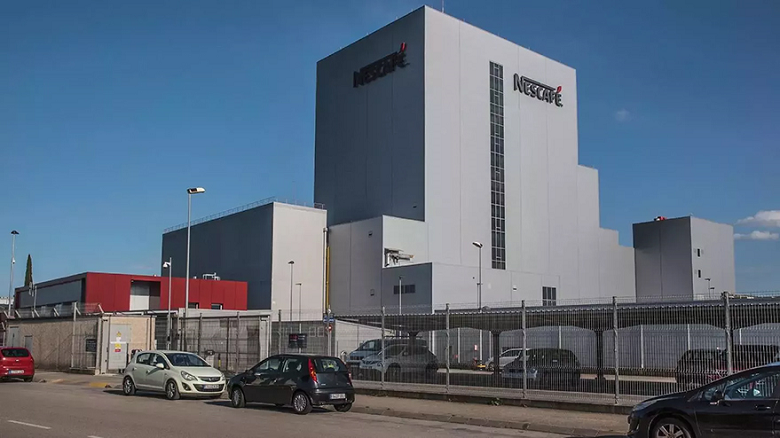Nestlé invests 15 million euros in two new sustainable packaging lines in Catalonia

The company will incorporate recyclable materials at its coffee factory in Girona.
Nestlé will invest nearly 15 million euros to start up two new packaging lines at its coffee factory in Girona. Thanks to this expansion, the plant, which produces Nescafé instant coffee and Nescafé Dolce Gusto capsules, will be able to incorporate recyclable materials into its packaging. This will reduce the use of virgin plastic, while at the same time using more energy-efficient machines.
The work is expected to be completed by the end of this year. The new lines will have a high level of automation and will be equipped with the latest technologies. When they start operating, they will produce the first Nescafé bags in Spain that can be used as refills for the brand’s products in jars. Produced from recyclable materials, these bags, which have been on the market for two years, reduce the use of glass packaging. In addition, their weight, which is 97% less than that of a jar, will help to reduce the environmental footprint generated by transporting these products.
Innovation
The second high-capacity line will enable Nescafé sachets to be packaged in recyclable single-material, with a capacity of 1,200 units per minute. This innovation will reduce the use of virgin plastic by 60 tonnes per year.
The Director of Nestlé's Gerona factory, Arnau Pi, explained that this investment “not only reinforces our commitment to sustainability, but also reflects our dedication to offering high quality products to our consumers. Implementing these new packaging lines will allow us to use recyclable materials, which is a significant step towards reducing virgin plastics and promoting a circular economy.”
Sustainable model
The Nestlé plant in Gerona started operating in 1968 and currently employs over 900 people. In addition to instant coffee, 84% of which it exports to 56 countries, it has also been producing Nescafé Dolce Gusto capsules since 2009, and exports 75% of this production.
The factory operates following a sustainable model which has enabled it to reduce carbon dioxide equivalents per tonne of product by 40% and total energy consumption by around 22% over the past five years. The facility has a biomass boiler that uses the dregs resulting from the production of instant coffee to obtain steam. A second boiler is scheduled to come on stream this year, which will allow over 52,000 tonnes of the coffee grounds it generates each year to be repurposed.
Photo: Nestlé




